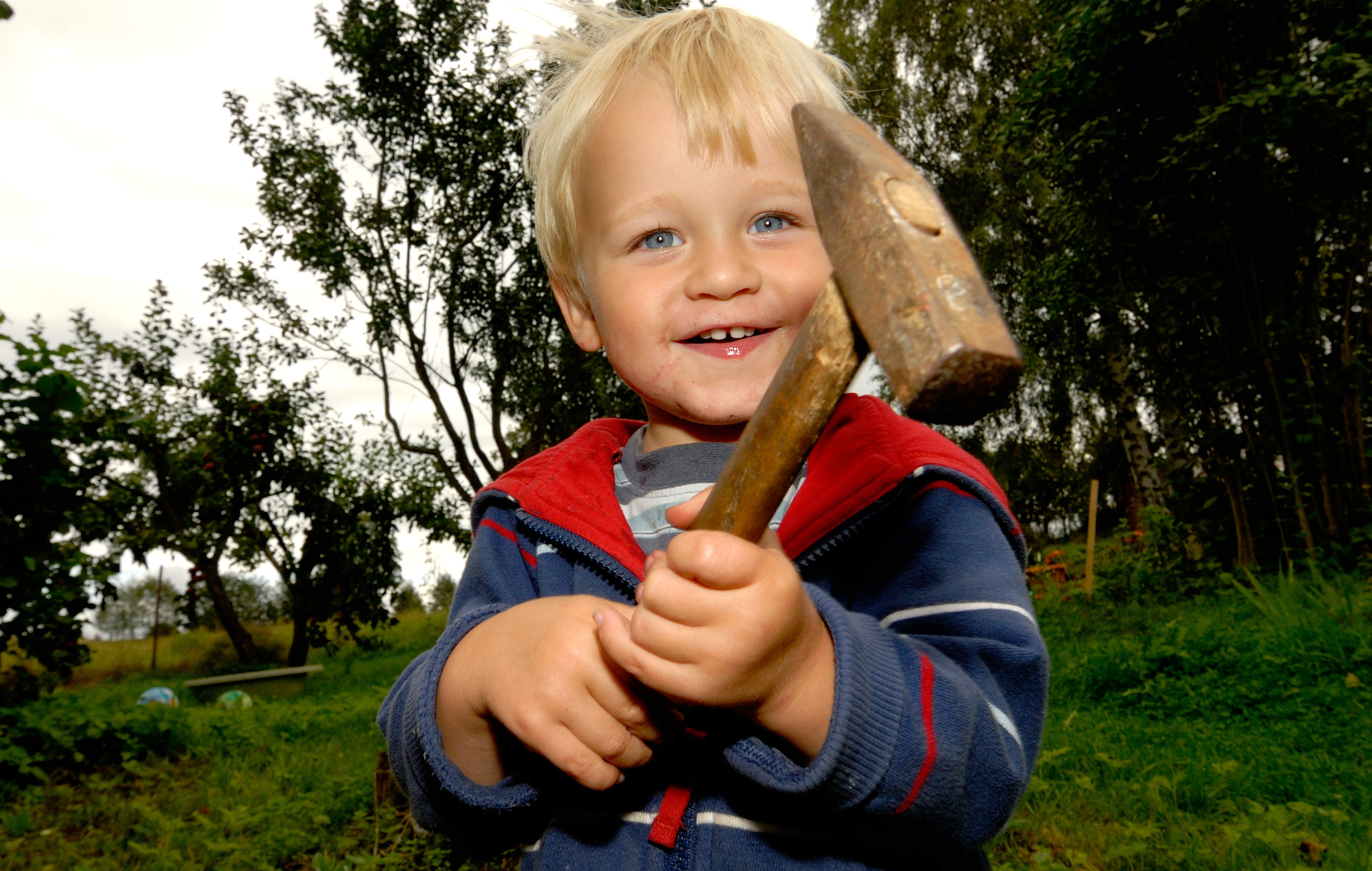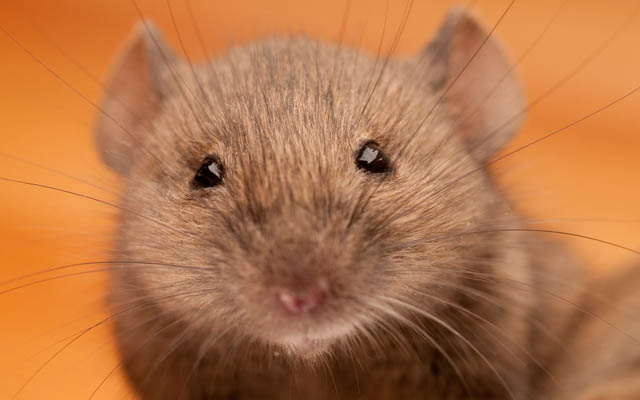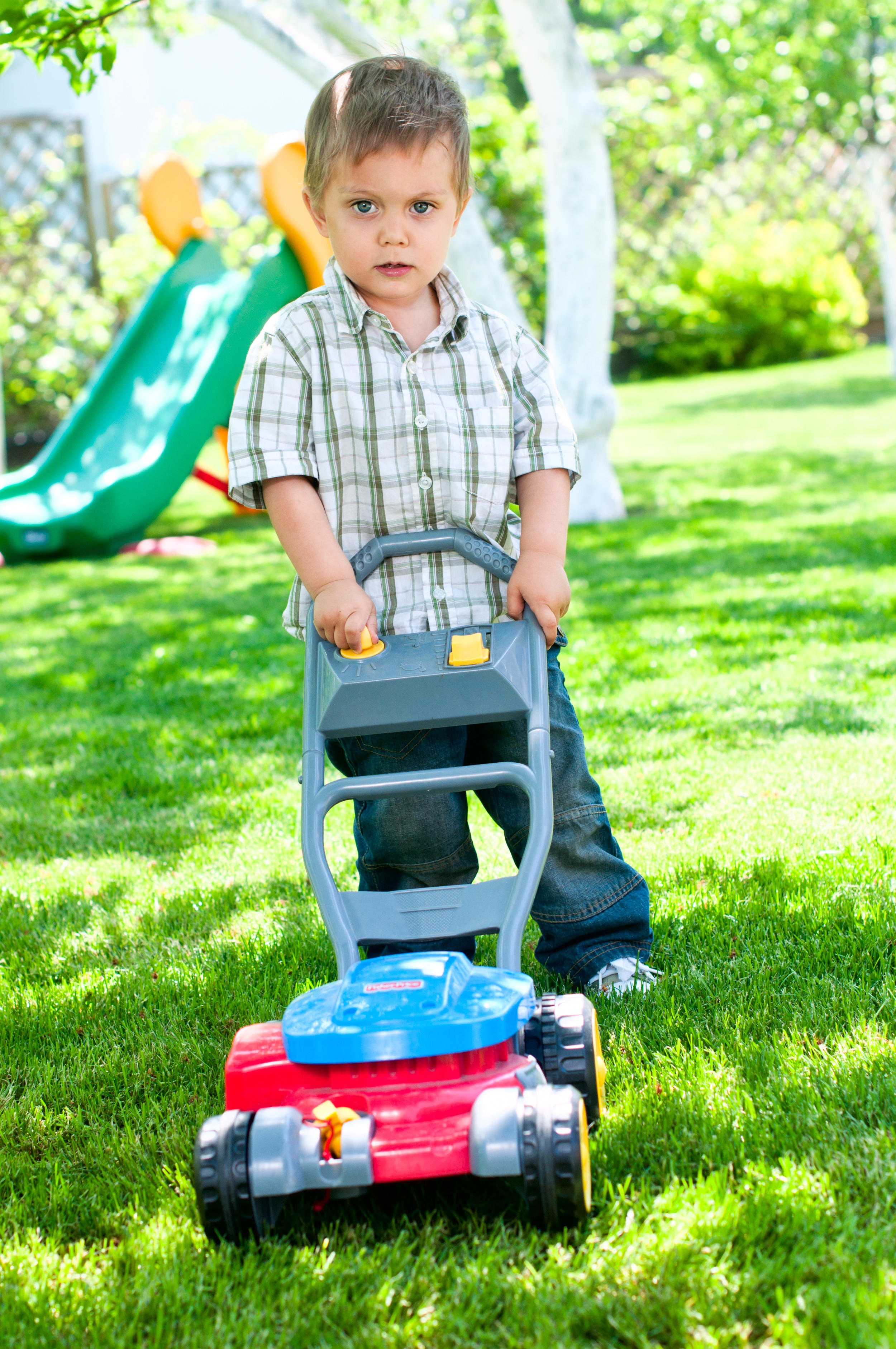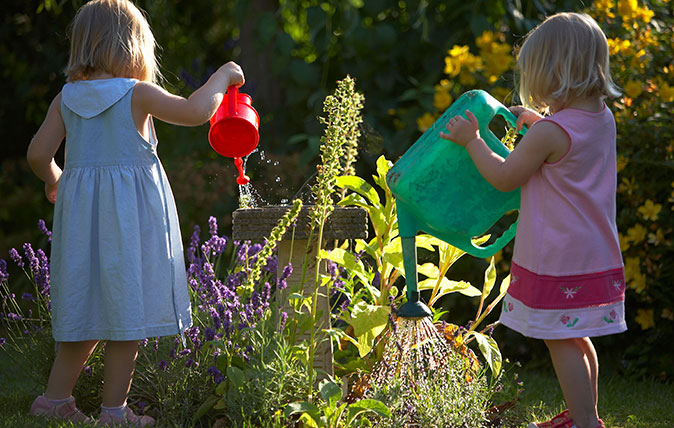The worst garden pests of all? The ones you invite in with open arms
A couple of weeks ago, Alan Titchmarsh wrote a lovely piece for Country Life about how to get children and grandchildren into gardening. Charles Quest-Ritson has a rather different take on the matter...


Exquisite houses, the beauty of Nature, and how to get the most from your life, straight to your inbox.
You are now subscribed
Your newsletter sign-up was successful
Every year, the RHS publishes a report on the incidence of garden pests. These are listed from one to 10 according to the number of enquiries and complaints that the society receives. Slugs, snails, vine weevils, lily beetles, woolly aphids: they’re all there, year after year, upsetting our plans for carefree gardening.
All too often, the RHS has to confess that there is no prevention or cure available to amateurs – you can thank the Greens for this unhelpful development – and we get the same depressing message from gardening magazines and newspapers. Professionals can poison us, but we may not poison ourselves. It’s the same with plant diseases.
Anyway, animals are much more of a pest than invertebrates and microfungi and the bigger they are, the more damage they can do. Mice eat my crocus corms and pea seeds (whether garden or sweet). I say ‘eat’, but I mean ‘ate’, because I can’t be bothered to grow them from seed anymore.

Rabbits and hares strop on the stems of trees and shrubs, squirrels will kill the trees outright by ringing their bark and badgers eat my raspberries, leave holes in the grass and chew my daffodils and tulips. You are at least allowed to shoot grey squirrels and rabbits, but there’s no open season for badgers.
Deer are worse still. I have never gardened without them. We used to open our garden in the rose season for the NGS and I could be certain that a week before our once-a-year day, deer would gorge themselves on all the fat flower buds and juicy leaves that promised a good display for our visitors.
"They grab the stakes I use to support my delphiniums and use them as swords or lances. They borrow my secateurs for some villainous purpose, then put them down, but can’t remember where. And they ban me from corners where I wish to work because they’ve decided to turn them into dens."
They were in league, of course, with the moles, which would throw up a series of mini-tumuli all over our cosseted lawns and have me wondering what my liability would be if someone tripped over one and broke their neck.
Gardening with deer is a nightmare and you must stay one step ahead of them always. There are two main problems: their appetites and their sexual shenanigans. It’s not just roses that disappear into their quadripartite ruminant stomachs: my cotoneasters, azaleas and raspberries have all been munched to within an inch of their lives, as have my strawberries, hostas and lilies.
Exquisite houses, the beauty of Nature, and how to get the most from your life, straight to your inbox.
There’s an excellent spray that protects them called Grazers – it covers the surface of plants with something that makes them unpalatable. It works against rabbits, too, but you do have to choose the right moment to do the spraying and it doesn’t last forever.
The bigger problem with deer is the way they rub against the woody stems of trees and shrubs. The polite word for it is ‘fraying’. The bucks do it to remove the skin from their new antlers and to mark their territory in the rutting season.
Sometimes – far too often – the stem is worn away all round and the plant dies. Proper protection is the only answer, with plastic spirals, tubes, chicken wire and, in fact, anything to keep the stems and trunks from contact with the animal’s head. I’ve forgotten how many magnolias we lost because I underestimated a deer’s ability to break through my defences.
The worst garden pests, by far, are children. (I exclude cats and dogs, which are domesticated animals; children, by contrast, are feral.) My bog garden, carefully made for the cultivation of candelabra primulas, is ideal for quad-bike practice. I planted a large collection of expensive cyclamen just where my grandchildren jump down after tree-climbing. They grab the stakes I use to support my delphiniums and use them as swords or lances. They borrow my secateurs for some villainous purpose, then put them down, but can’t remember where. They guzzle all the raspberries left to us by the deer. They ban me from corners where I wish to work because they’ve decided to turn them into dens.

There is no answer to the problem of children and gardens. Yes, I know that the RHS has a vast education department and is committed to turning everyone else’s children into perfect little horticulturists, but, if the society were honest about such things, it would put children at the top of next year’s list of garden pests.
Charles Quest-Ritson is author of the RHS Encyclopedia of Roses.

Credit: Alamy
Alan Titchmarsh: How to get your kids (or grandchildren) into gardening
Gardener, broadcaster and writer Alan Titchmarsh often gets asked about whether he has passed his green fingers on down the
Country Life is unlike any other magazine: the only glossy weekly on the newsstand and the only magazine that has been guest-edited by His Majesty The King not once, but twice. It is a celebration of modern rural life and all its diverse joys and pleasures — that was first published in Queen Victoria's Diamond Jubilee year. Our eclectic mixture of witty and informative content — from the most up-to-date property news and commentary and a coveted glimpse inside some of the UK's best houses and gardens, to gardening, the arts and interior design, written by experts in their field — still cannot be found in print or online, anywhere else.
